Not allowed to pull my own permits.
aapl
12 years ago
Featured Answer
Sort by:Oldest
Comments (24)
renovator8
12 years agoRelated Professionals
Portland Kitchen & Bathroom Designers · Auburn Kitchen & Bathroom Remodelers · Clovis Kitchen & Bathroom Remodelers · Emeryville Kitchen & Bathroom Remodelers · Ewa Beach Kitchen & Bathroom Remodelers · North Arlington Kitchen & Bathroom Remodelers · Waukegan Kitchen & Bathroom Remodelers · Cave Spring Kitchen & Bathroom Remodelers · Barstow Interior Designers & Decorators · Auburn General Contractors · Greenville General Contractors · Harvey General Contractors · Kettering General Contractors · Noblesville General Contractors · Woodland General ContractorsChristopher Nelson Wallcovering and Painting
12 years agoEngineerChic
12 years agorenovator8
12 years agoGreenDesigns
12 years agoUser
12 years agosierraeast
12 years agobrickeyee
12 years agojonnyp
12 years agoaapl
12 years agosierraeast
12 years agobrickeyee
12 years agobsspewer
12 years agosierraeast
12 years agoworthy
12 years agojonnyp
12 years agobrickeyee
12 years agoUser
12 years agobrickeyee
12 years agojonnyp
12 years agorenovator8
12 years agojonnyp
12 years agobrickeyee
12 years ago
Related Stories

CONTRACTOR TIPSBuilding Permits: When a Permit Is Required and When It's Not
In this article, the first in a series exploring permit processes and requirements, learn why and when you might need one
Full Story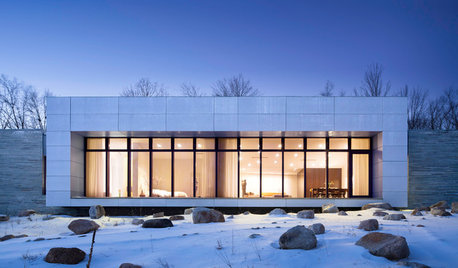
CONTRACTOR TIPSBuilding Permits: The Inspection Process
In Part 5 of our series on home building permits, we explore typical inspection schedules for a variety of project types
Full Story
CONTRACTOR TIPSYour Complete Guide to Building Permits
Learn about permit requirements, the submittal process, final inspection and more
Full Story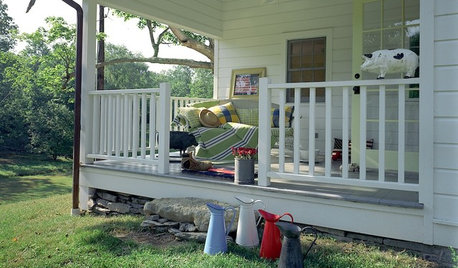
CONTRACTOR TIPSBuilding Permits: 10 Critical Code Requirements for Every Project
In Part 3 of our series examining the building permit process, we highlight 10 code requirements you should never ignore
Full Story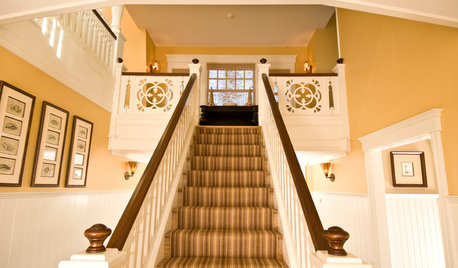
CONTRACTOR TIPSBuilding Permits: The Submittal Process
In part 2 of our series examining the building permit process, learn what to do and expect as you seek approval for your project
Full Story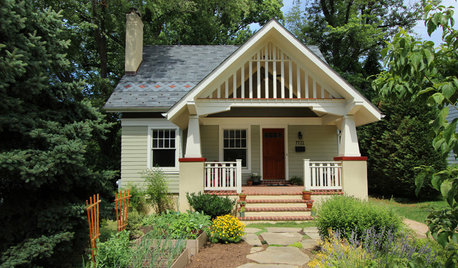
CONTRACTOR TIPSBuilding Permits: The Final Inspection
In the last of our 6-part series on the building permit process, we review the final inspection and typical requirements for approval
Full Story
CONTRACTOR TIPSBuilding Permits: What to Know About Green Building and Energy Codes
In Part 4 of our series examining the residential permit process, we review typical green building and energy code requirements
Full Story
MORE ROOMSHouzz Rule: No Dogs Allowed?
If your home has a no-pets policy, here's what to do when guests arrive unexpectedly with a four-legged friend
Full Story
OUTBUILDINGSAdults Allowed: A Poolside Playhouse Makes Room for All
Sprightly but not saccharine, this adaptable backyard structure is equally at home with the grandkids and the grown-ups
Full Story
DECORATING GUIDESDesign Trends: Create Your Own Global Style
From Ikats to Chinoiserie, It's Easy to Put a Twist on Indian and Asian Design
Full StorySponsored
Custom Craftsmanship & Construction Solutions in Franklin County
More Discussions








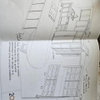

jasperdog